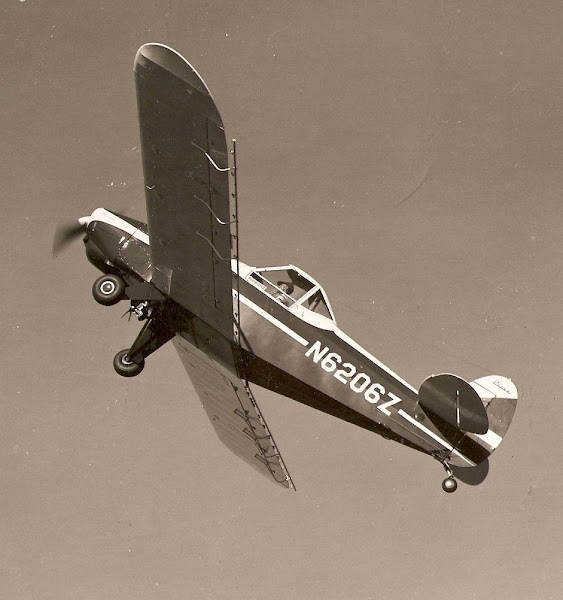Interesting East Carroll History:
East Carroll Delta News, Aug. 5, 1965
“According to some evidence, when DeSoto discovered and crossed the Miss. River in 1541 he was somewhere near what is now East Carroll Parish. LaSalle in 1682, when he successfully explored the Miss. River to its mouth, very likely spent the night on the banks of what is now Lake Providence. East Carroll remained a part of New France until 1763, when most of the western Mississippi Valley passed to Spain. The Spanish government sought to bring settles to northeast Louisiana. Settlements, however, clung to the hill areas. The Delta low-lands flooded every year and swampy, were regarded as too unhealthy and otherwise unsuitable for colonization.
East Carroll Parish returned briefly to French rule on March 26, 1803, when public announcement was made of the recession of Louisiana to France from Spain. This was soon followed on April 30, 1803, by the United States’ acquisition of the vast area from France for $15 million by virtue of the Louisiana Purchase.
After the war of 1812, development of the Delta region continued in earnest. Providence, as a name of a community, first appears in press accounts about 1835. War, reconstruction and yellow fever slowed progress but by the return of the century expansion resumed.
During reconstruction and lasting until about 1928 lands in the present sixth and seventh wards, about one-fourth of the parish land area, reverted to a forest primeval similar to a hundred years earlier. By 1930 reclamation of this productive area resumed when over 150 families moved in and established their homes. Now one can not tell the difference in this reclaimed area and the land along the Mississippi River cultivated since 1830."
Wednesday, April 11, 2012
Historical Land Item
East Carroll Delta News, July 22, 1965
"Looking at the large aerial photograph-map of Lake Hall Plantation owned by George T. Hider, a distinct triangular section of land appears annexed from adjoing Oakland (Plantation).
Mr. Hider supplies an interesting bit of relevant information as was told to him by the late Judge F. X. Ransdall.
During the days of the "floating palaces" on the mighty Mississippi, the owners of Lake Hall and Oakland were engaged in a card game aboard one of the famed river boats, going downstream to New Orleans.
Upon losing his cash and stocks in the game of chance, the owner of Oakland gambled a portion of his plantation, the plat of which he drew on a piece of papper.... and lost.
Thus the triangular section of Oakland was ceded to Lake Hall. It contains approximately 13 chains."
"Looking at the large aerial photograph-map of Lake Hall Plantation owned by George T. Hider, a distinct triangular section of land appears annexed from adjoing Oakland (Plantation).
Mr. Hider supplies an interesting bit of relevant information as was told to him by the late Judge F. X. Ransdall.
During the days of the "floating palaces" on the mighty Mississippi, the owners of Lake Hall and Oakland were engaged in a card game aboard one of the famed river boats, going downstream to New Orleans.
Upon losing his cash and stocks in the game of chance, the owner of Oakland gambled a portion of his plantation, the plat of which he drew on a piece of papper.... and lost.
Thus the triangular section of Oakland was ceded to Lake Hall. It contains approximately 13 chains."
Subscribe to:
Comments (Atom)



